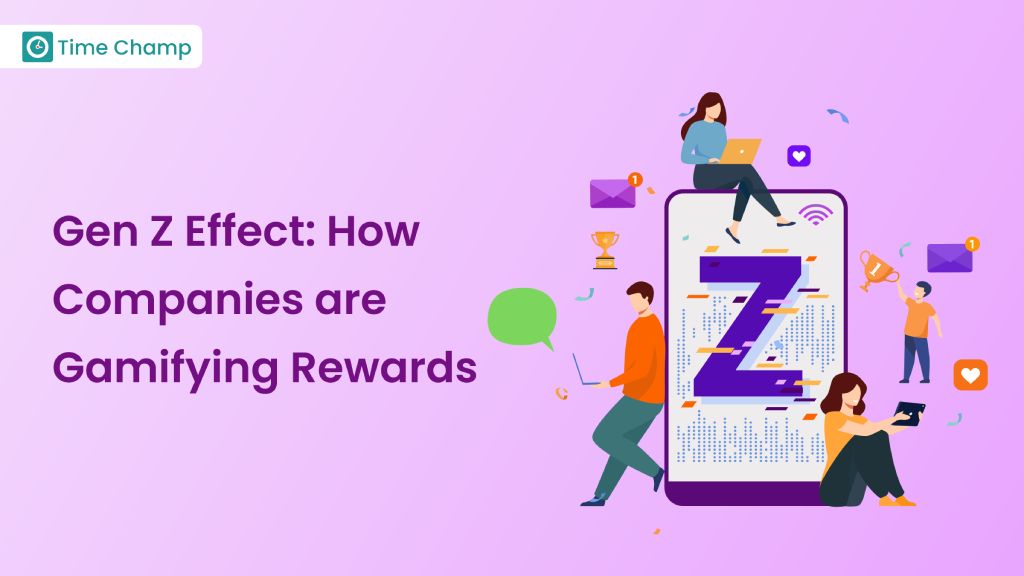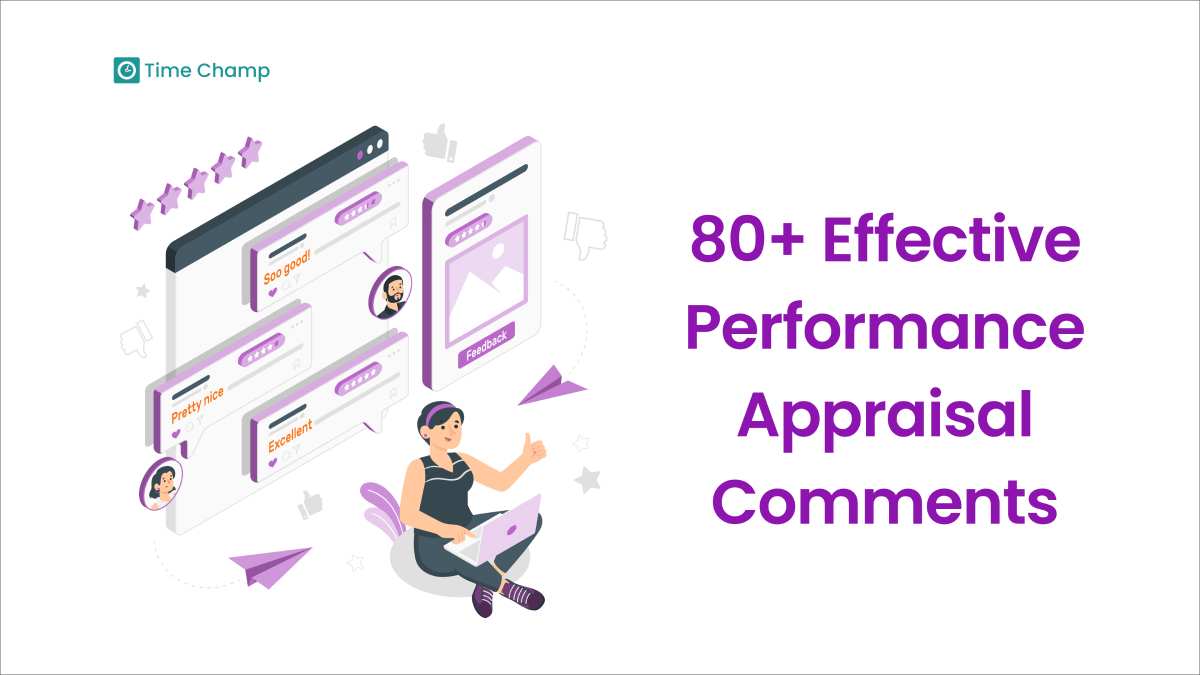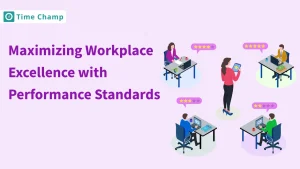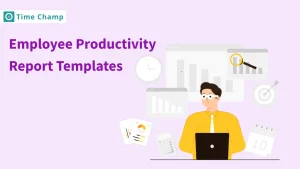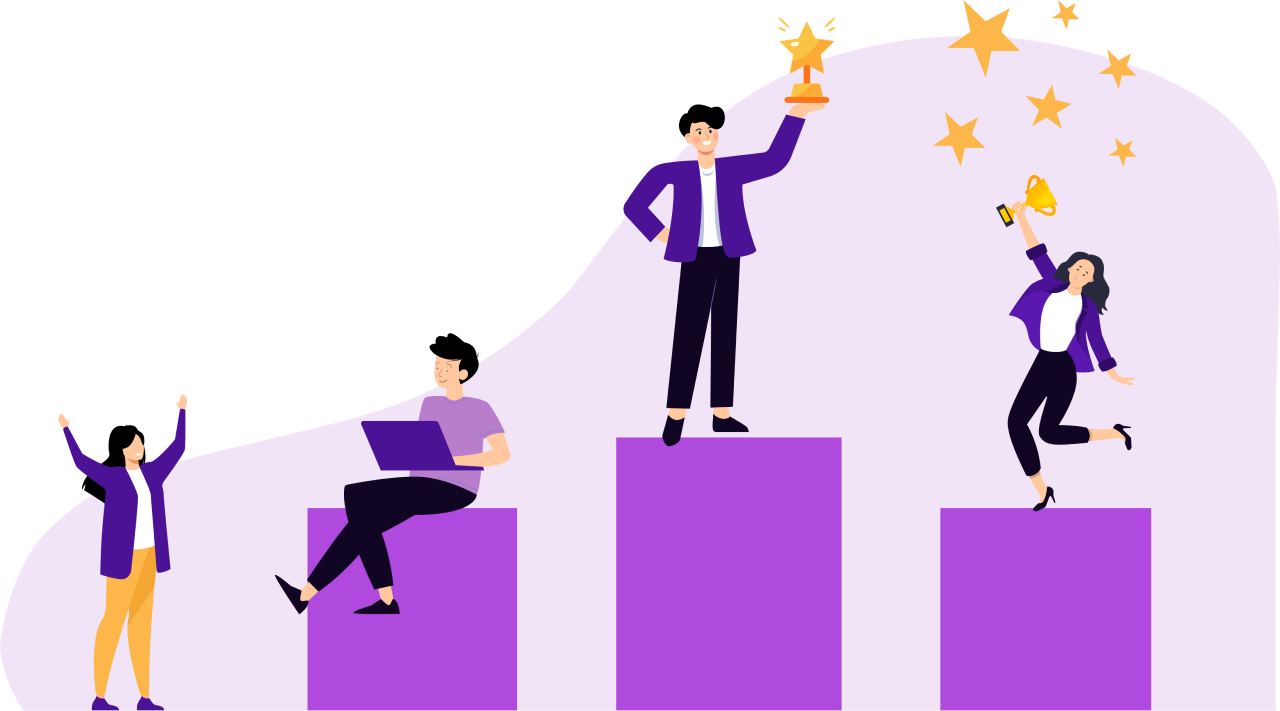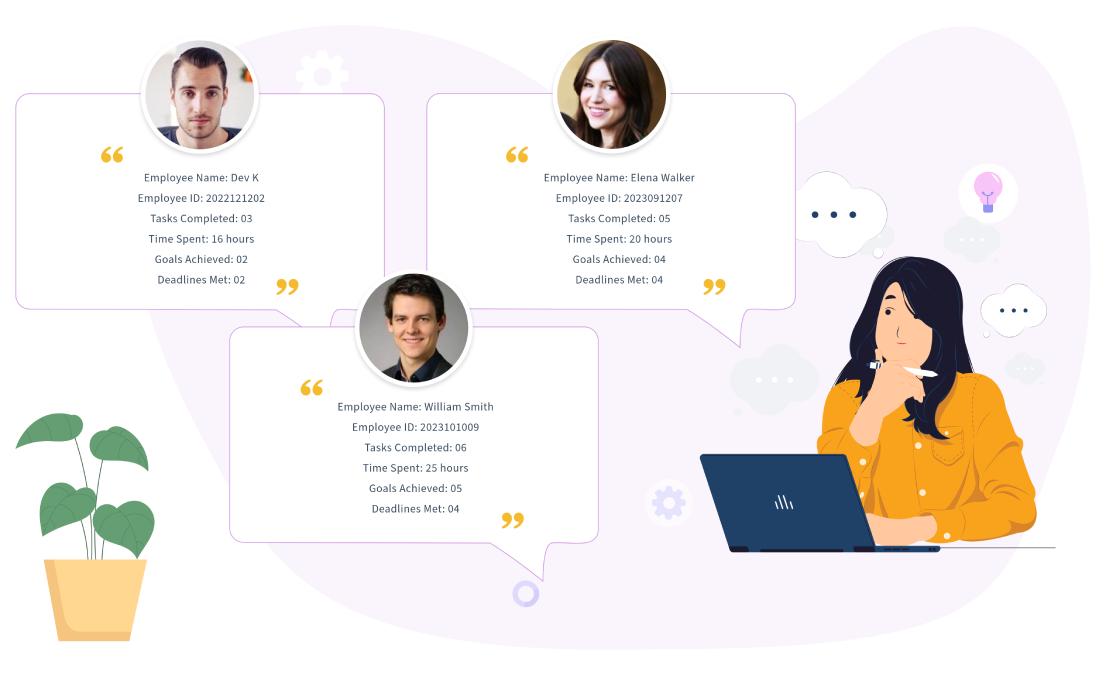Organizations are now integrating gamification to gain the attention of Gen Z employees, who were born between the late 1990s and early 2010s. This generation has different values and expectations that cannot be compared to other generations.
With the increase of Gen Z in the workplace, organizations are adapting new reward structures to fit the generation. Incorporating game-like elements in the employee reward and recognition programs is a way through which companies are making the work environment more appealing and motivating to Gen Z thus, enhancing employee satisfaction and performance.
Understanding Gen Z Mindset
For reward programs to be effective, it is important to understand what Gen Z wants. They are people born between the late 1990s and early 2010s and are recognized as the most tech-savvy generation. Their upbringing influences their behavior and expectations in the workplace.
Digital Natives
Gen Z is the first generation that grew up with digital technology from a young age. They are familiar with the use of digital platforms and expect smooth and intuitive experiences with the tools and activities they perform at work.
Values and Preferences
Gen Z values authenticity, purpose, and meaningful causes. They seek employers who are ethical, environmentally conscious, and committed to improving society. They appreciate organizations that embrace diversity and make everyone feel included and valued without any discrimination.
Why Is It Important to Reward Gen Z?
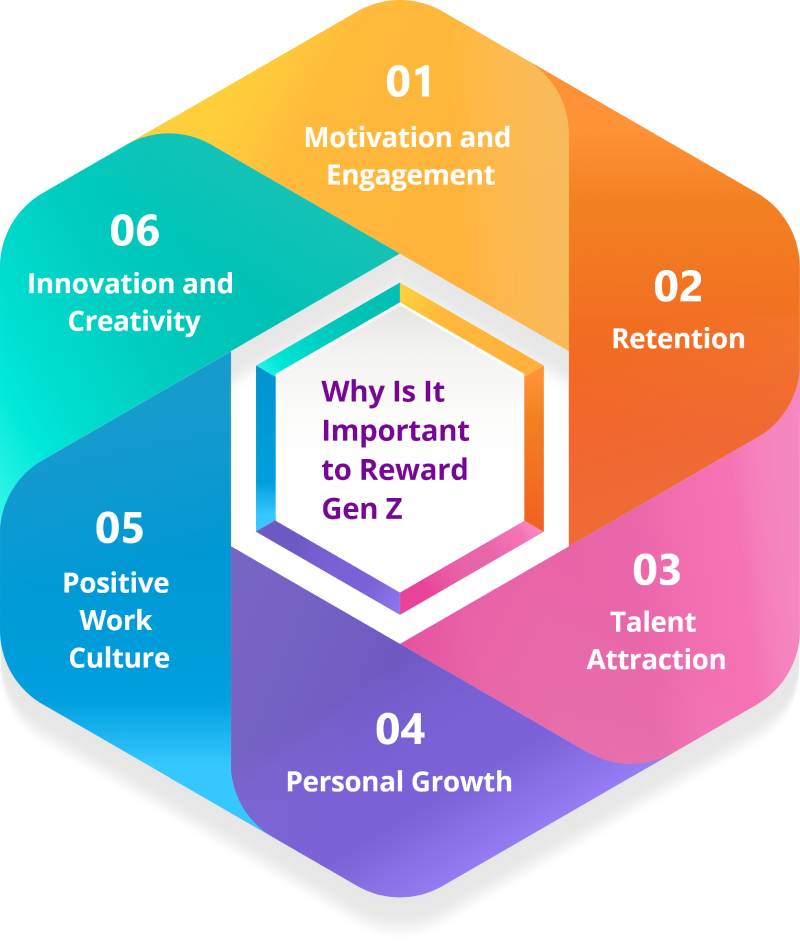
1. Motivation and Engagement
2. Retention
3. Talent Attraction
4. Personal Growth
4. Positive Work Culture
5. Innovation and Creativity
The Rise of Gamification in Reward Programs
Companies are evolving their methods, and the incorporation of gamification in reward programs is becoming a new trend to enhance the engagement of employees.
Well, who doesn’t like to have some fun at work?
For example, consider a team where employees are rewarded with points for each successful task, and the best performers are given badges and recognition. This trend is especially appealing to Gen Z employees who are digital natives and are motivated by competition and interactivity.
By turning work activities into game-like rewards, employees will be motivated to work harder. It isn’t only for fun it can also promote friendly cooperation among employees.
Furthermore, it is effective in understanding the employees’ preferences and the outcome of the intervention. Through gamified rewards, engagement and performance can be monitored and the data collected can improve the reward programs.
For instance, if a company realizes that its employees are inspired by appreciation and reward systems; then the firm can adjust its incentives to incorporate such aspects, thus increasing the level of satisfaction in the workplace.
Strategies for Gamifying Rewards
1. Points and levels
2. Leaderboards
3. Digital Badges
Success Stories: Companies Excelling in Gamified Rewards
According to the 2019 Gamification at Work survey, 89% of employees believe that they would be more productive if gamifications were integrated into their work environments.
You may not believe it but it’s true!
In India, many companies started to implement gamified rewards and excelled. Here are some success stories:
Epsilon India is one of the leading global marketing companies that deals in data marketing technology and services. It has introduced a ‘passport’ called ‘Citizen of Youniverse’ to meet the younger generation’s desire for fun and social media engagement. The passport will get stamped whenever employees participate in any office event.
Isn’t it exciting?
Roche Information Solutions India is researching and developing digital solutions to help deliver medical value on integrated testing solutions. They have an internal marketplace called ‘Applause’, where employees will earn points that can be redeemed to buy anything according to their wishes. It can be a pair of tickets or headphones etc.
Some companies such as Merck India, Thryve Digital, and Allstate India have implemented leaderboards which allows employees to congratulate or thank each other, irrespective of their seniority.
Balasubramanian Sankaranarayanan, President and CEO of Thryve Digital, said, “Young professionals today seek social and emotional connection, and these leaderboards help in achieving this.”
Employees can earn awards in 3 categories at Merck India, such as: Annual appreciation week, panel-based award, and spot awards.
On the other hand, Allstate India gives each employee 100 points per month which can be given to colleagues and redeemed in the company’s internal economy.
The following success stories show how gamification of rewards can improve workplace productivity and motivation. Now, it is your organization’s turn to be among these successful companies that have embraced the use of social media.
Final Thoughts
Gamification can make work more interesting and motivate Gen Z employees. The use of points, leaderboards, and digital badges can help to improve job satisfaction and performance. Thus, your organization can improve the environment of the workplace and make it more satisfying by implementing these strategies.
